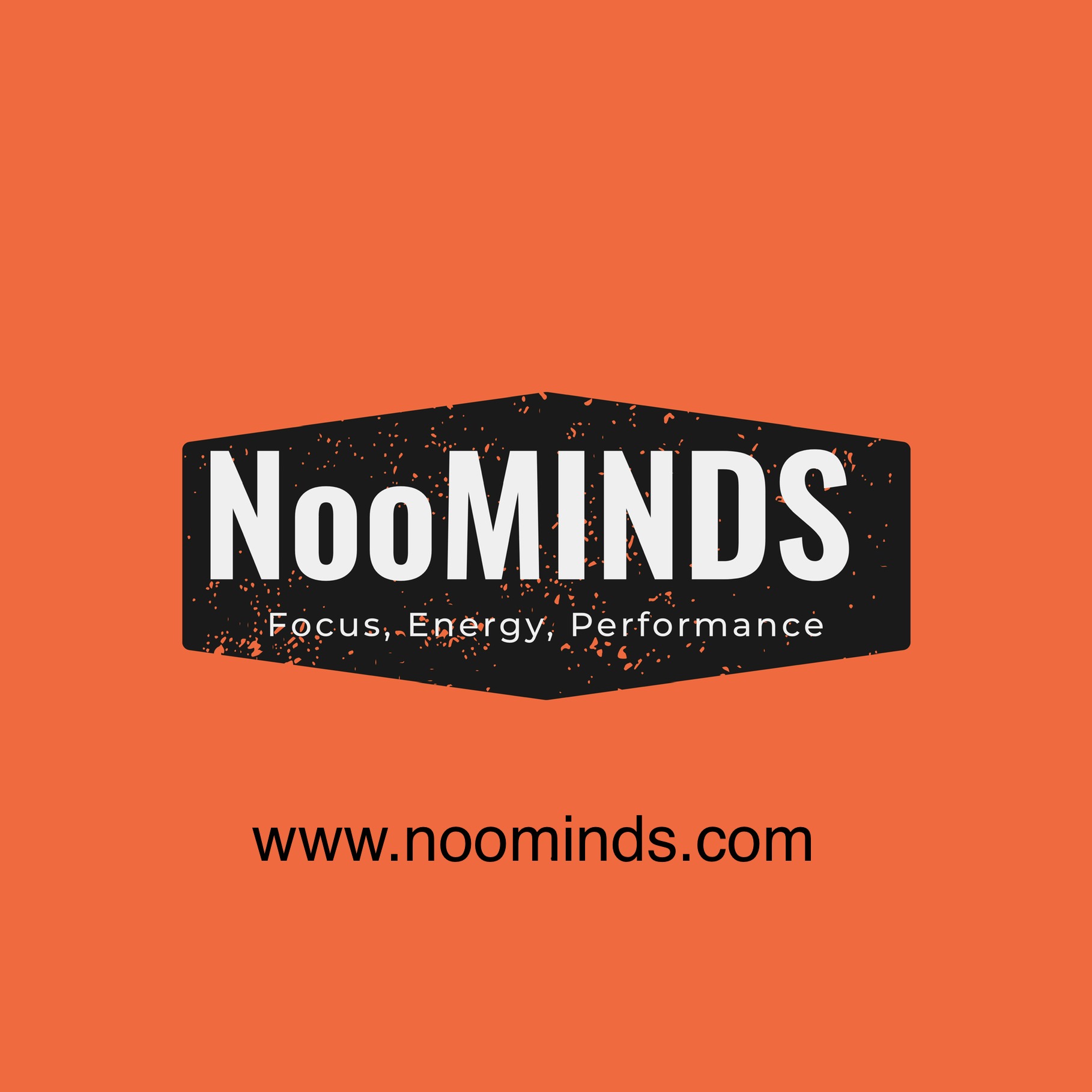How to Fuel Your Body for Long-Distance Challenges
- Craig Elliott
- Oct 13
- 3 min read
Preparing your body for long-distance challenges requires more than just physical training. What you eat and when you eat can make a significant difference in your performance and recovery. Proper endurance nutrition is essential to keep your energy levels high, prevent fatigue, and support muscle repair. This guide will walk you through practical strategies to fuel your body effectively for any long-distance event.
Understanding the Basics of Endurance Nutrition
Endurance nutrition focuses on providing your body with the right balance of macronutrients - carbohydrates, proteins, and fats - to sustain prolonged physical activity. Carbohydrates are the primary fuel source during endurance events, while proteins help repair muscles, and fats provide a secondary energy source.
Carbohydrates: The Key Energy Source
Carbohydrates are stored in your muscles and liver as glycogen. During long-distance activities, your body taps into these glycogen stores for energy. If these stores run low, you may experience fatigue and decreased performance.
Before the event: Consume a carbohydrate-rich meal 3-4 hours prior to your challenge. Examples include pasta, rice, or oatmeal with fruit.
During the event: For activities lasting over 90 minutes, consume 30-60 grams of carbohydrates per hour through gels, sports drinks, or energy bars.
After the event: Replenish glycogen stores with a carbohydrate-rich meal within 30 minutes of finishing.
Protein: Supporting Muscle Recovery
Protein is crucial for repairing muscle damage caused by long-distance exertion. Including protein in your post-event meal helps speed up recovery and reduce soreness.
Aim for 15-25 grams of protein after your event.
Good sources include lean meats, dairy, eggs, or plant-based options like beans and lentils.
Fats: Sustained Energy and Vital Nutrients
While carbohydrates are the main fuel, fats provide a steady energy supply, especially during lower-intensity phases of your activity.
Include healthy fats such as avocados, nuts, seeds, and olive oil in your daily diet.
Avoid excessive fat intake immediately before or during the event as it can slow digestion.

Hydration Strategies for Endurance Nutrition
Hydration is a critical component of endurance nutrition. Dehydration can impair your performance and increase the risk of heat-related illnesses.
Pre-Event Hydration
Drink 500-600 ml of water 2-3 hours before your event.
Consume another 200-300 ml about 20-30 minutes before starting.
During the Event
Aim to drink 150-250 ml every 15-20 minutes.
Use electrolyte drinks to replace sodium and potassium lost through sweat.
Post-Event Hydration
Rehydrate with water and electrolyte-rich fluids.
A good rule of thumb is to drink 1.5 times the amount of fluid lost during exercise.

Timing Your Nutrition for Optimal Performance
When you eat is just as important as what you eat. Proper timing ensures your body has the fuel it needs when it needs it most.
Pre-Event Meal Timing
Eat a balanced meal 3-4 hours before your event.
Include easily digestible carbohydrates, moderate protein, and low fat.
Avoid high-fibre foods that may cause gastrointestinal discomfort.
During the Event
Start consuming carbohydrates early, especially if the event lasts longer than 90 minutes.
Use portable, easy-to-digest options like energy gels, chews, or sports drinks.
Post-Event Recovery
Within 30 minutes, consume a snack or meal with carbohydrates and protein.
Continue eating balanced meals every 3-4 hours to support full recovery.

Practical Tips for Long-Distance Fueling
Fueling your body for endurance challenges requires planning and experimentation. Here are some actionable tips:
Test your nutrition plan during training: Never try new foods or supplements on race day.
Keep a food and hydration log: Track what works best for your body.
Choose familiar foods: Stick to items you know your stomach tolerates well.
Prepare portable snacks: Use energy bars, gels, or dried fruits for convenience.
Listen to your body: Adjust intake based on hunger, thirst, and energy levels.
For those seeking expert guidance, exploring resources on endurance athlete nutrition can provide tailored advice and support.
Building a Sustainable Nutrition Plan for Long-Term Success
Endurance nutrition is not just about race day. Building a sustainable eating plan supports your training and overall health.
Focus on whole foods: Prioritise fruits, vegetables, whole grains, lean proteins, and healthy fats.
Balance your meals: Aim for a mix of macronutrients to fuel training and recovery.
Stay consistent: Regular meals and snacks help maintain energy and prevent overeating.
Adjust for training intensity: Increase carbohydrate intake on heavy training days and reduce on rest days.
By adopting these habits, you can improve your endurance, reduce injury risk, and enjoy your long-distance challenges more fully.
Fueling your body properly is a cornerstone of success in long-distance events. With the right balance of nutrients, hydration, and timing, you can enhance your performance and recovery. Remember, every athlete is unique, so take the time to find what works best for you and stay committed to your nutrition plan.




Comments